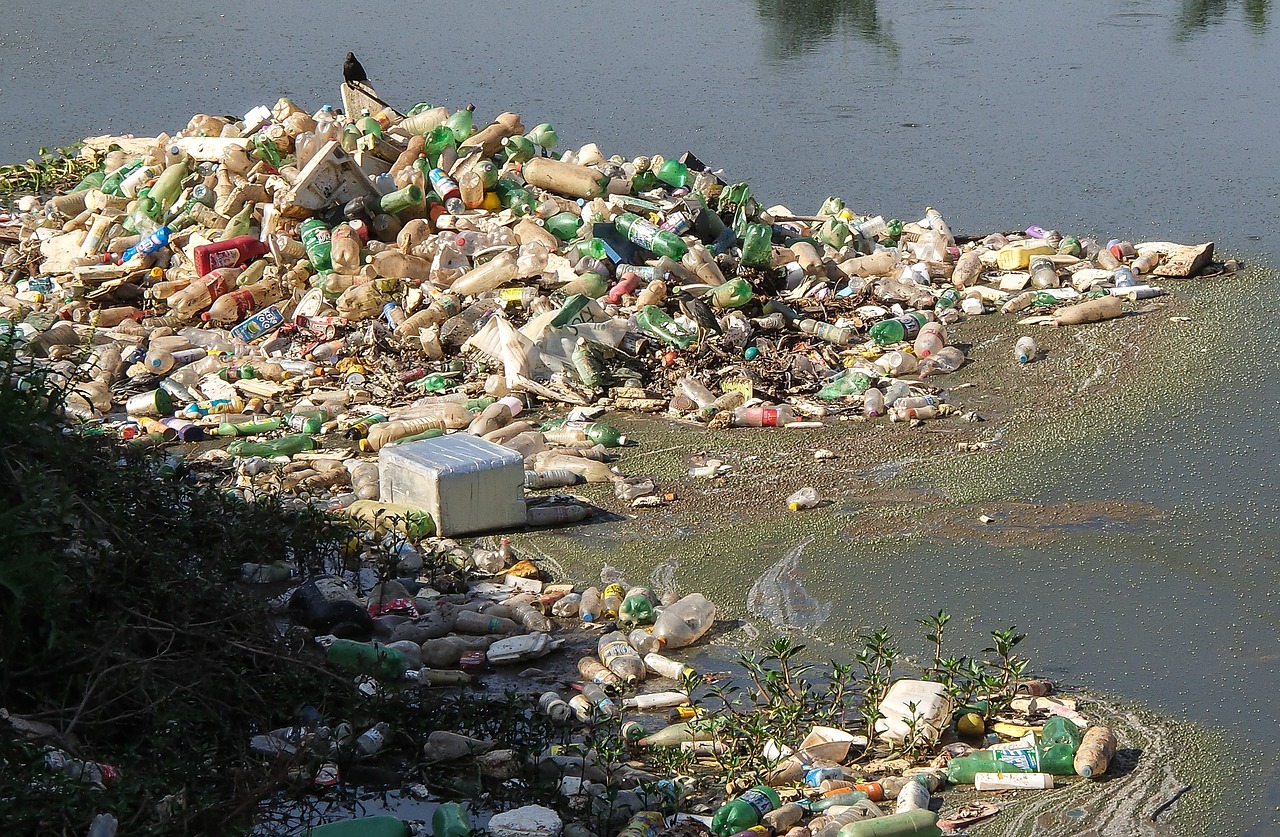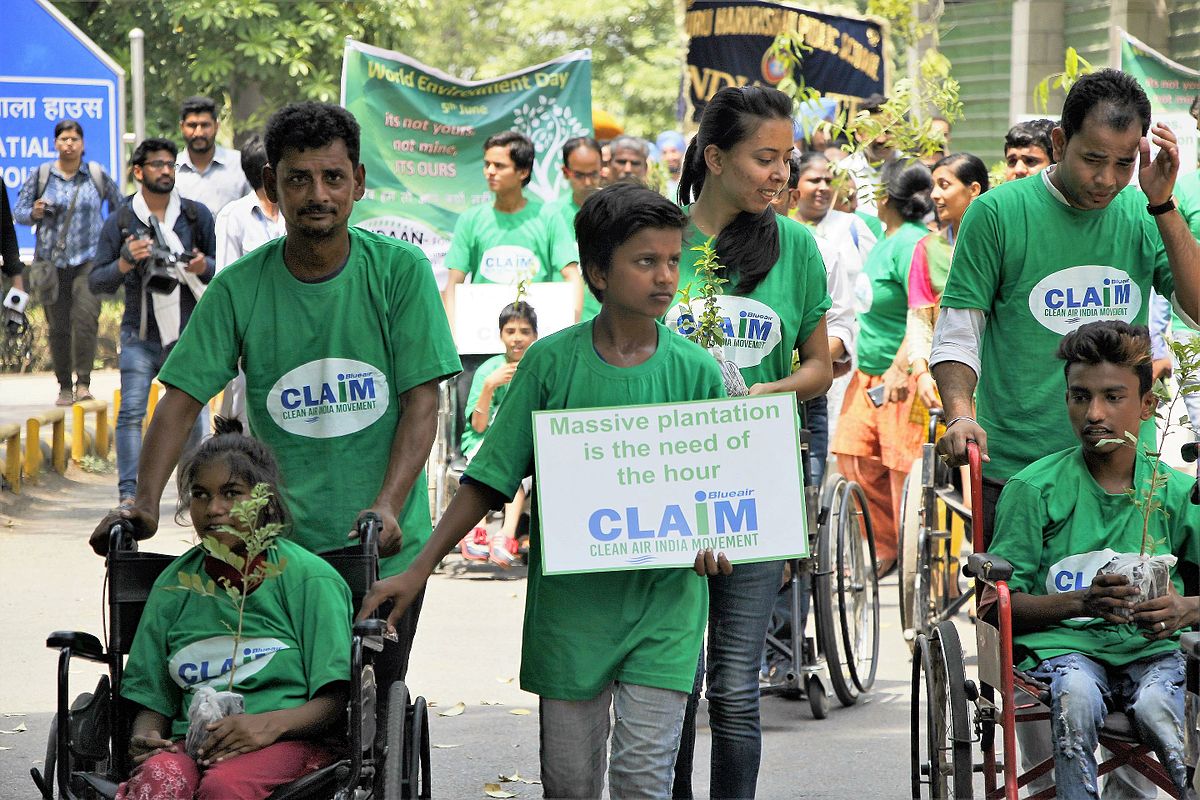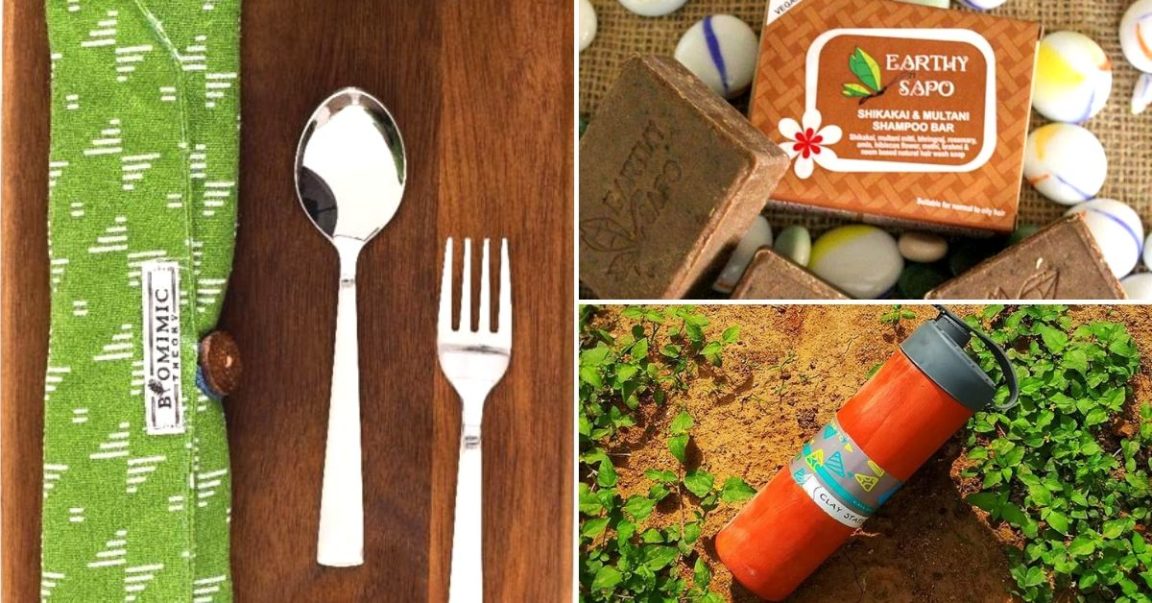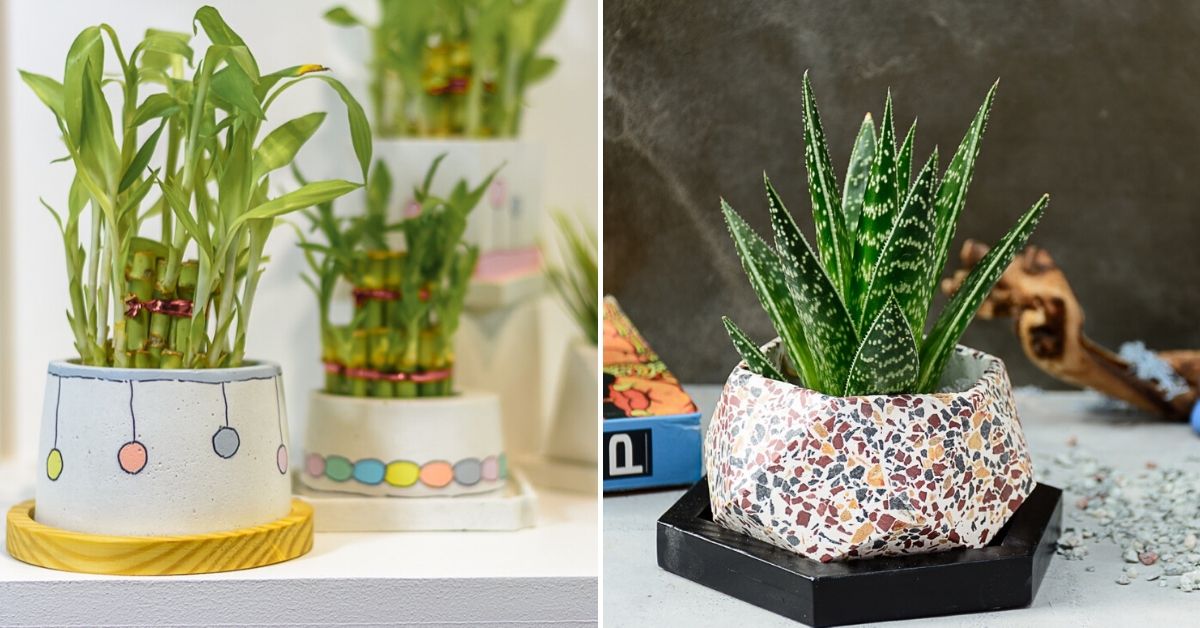Time to Reinvent Businesses? Study Finds 88% Consumers Want ‘Green’ Products
“Just because it is an environment-friendly product, it does not mean that it will result in a large scale adoption.” So what’s the answer? Read on to find out!

Here are a few facts for you. Did you know that India manufactures about 707 million metric tons of plastic in a year and about 25,940 tons of plastic waste is generated in our country in a day!
Research also shows that vehicular emissions are the most significant contributors to the presence of harmful components like PM2.5 in the air.
Want to lead a sustainable lifestyle? Check out these products that will help you do so and all below Rs. 399!

As someone who has been trying to imbibe sustainable practices in their daily life, it got me thinking. How many of you out there would want to adopt eco-friendly lifestyle choices?
A recent study conducted by the Mahindra Group, titled ‘Alternativism’, sought to find answers to this particular question. The report went a step further in an attempt to decipher the mystery behind what is holding us back from becoming green warriors.
The study came up with some interesting results.
About 88 per cent people responded, saying the absence of affordable, eco-friendly alternatives in the market is why they find it difficult to switch to sustainable options.
While 89 per cent believed that they would be able to address climate change more actively if companies offered alternative solutions to adopt.
“We think that Climate Change is this century’s biggest business opportunity. Our basic philosophy is that a business must create shared value by doing good and doing well at the same time. We intend to create shared value by committing to the battle against climate change and by embracing the business opportunities that arise from it. It is time for action,” says Anand Mahindra, Chairman of the Mahindra Group.

He further went on to say that business cannot be divorced from the consequences of climate change on the world we share and the people we love.
Important revelations from the study
The study included about 2,000 respondents between the ages of 25 to 65, from five cities—Delhi, Mumbai, Bengaluru, Chennai, and Kolkata.
“When we work in the space of sustainability and climate change, the question as to why people are not adopting a sustainable way of life is something we all ask. Usually, we conclude by saying that people are not aware or they’re not interested. We decided to check this out, and that is why we mounted this study,” says Anirban Ghosh, the Chief Sustainability Officer at Mahindra Group.
The study found that many in the country are aware of the impact of plastic and waste management on climate change!
These well-informed citizens constituted almost 80 per cent of the respondents in the study. While 75 per cent of the respondents claim that they are ‘concerned’ about the detrimental impact of single-use plastics on the environment.
“In the case of most sustainable practices, we see that there are some who are early adopters, but they constitute a niche population. Several people want to adopt but can’t. We assumed this is what we would see in the results. But we underestimated the number of people who want to adopt a cleaner way of living,” believes Anirban.

About 83 per cent of the respondents described themselves to be ‘interested’ in making lifestyle changes such as carpooling, using public transport or adopting electric vehicles.
Regarding water shortages, 70 per cent said they are ‘aware and informed’ about the need for water conservation, while 68 per cent said that they were ‘concerned’ about water shortage that we are going to face in the near future.
Anirban gives the example of a simple toothbrush to show that if solutions are made available, adoption will not take much time. “Now we know that every single toothbrush that we have used exists and will continue to exist for years. So, if we have the option of using a toothbrush that does not pollute the environment and is functional, I am sure a lot of people would switch,” he says.
What Anirban is saying is not far from the truth as 88 per cent people say that if more viable alternatives were available, they wouldn’t hesitate to switch to greener options.
The study also found that only 27 per cent of respondents are able to find alternatives which minimise their use of plastic. Anirban gives the example of the plastic ban in Mumbai. Although a lot of people switched to cloth bags as compared to plastic bags, there was a huge gap which was quite apparent.
“It was challenging to replace the garbage bin liner. This validated our survey results that people carry on with their old practices when finding an alternative is difficult,” says Anirban.
Going forward

Anirban says that the criteria that people use to buy any product are the same for environment-friendly products too.
“Majority of the people wouldn’t want to use products which are less convenient, expensive, or sub-optimal in solving the problem. But, just because it is an environment-friendly product, it does not mean that it will result in a large-scale adoption. So these sustainable products must meet the consumer’s requirements,” he says.
The fact that 89 per cent of people believe they’ll be more adept at addressing climate change if there were viable solutions provided by the companies says something.
Anirban believes that the onus of addressing and ensuring that these requirements are met lies with the businesses.
“Businesses need to take that responsibility. If you look at electric vehicles, Mahindra has been investing in this market segment for a long time with the objective of making it easier to adopt. Just like that, we need to have sustainable products that can compete with the existing products and serve as viable alternatives,” says Anirban signing off.
Keeping this responsibility in mind, and with the idea of providing Indian customers a dedicated platform to purchase eco-friendly, sustainable products, The Better India has already launched Karnival.com. Our mission is to make sustainability a mainstream way of life, accessible to everyone. We believe it is an imperative, not a choice; because there is no Planet B.
(Edited by Saiqua Sultan)
Like this story? Or have something to share?
Write to us: [email protected]
Connect with us on Facebook and Twitter.
If you found our stories insightful, informative, or even just enjoyable, we invite you to consider making a voluntary payment to support the work we do at The Better India. Your contribution helps us continue producing quality content that educates, inspires, and drives positive change.
Choose one of the payment options below for your contribution-
By paying for the stories you value, you directly contribute to sustaining our efforts focused on making a difference in the world. Together, let’s ensure that impactful stories continue to be told and shared, enriching lives and communities alike.
Thank you for your support. Here are some frequently asked questions you might find helpful to know why you are contributing?


This story made me
- 97
- 121
- 89
- 167










